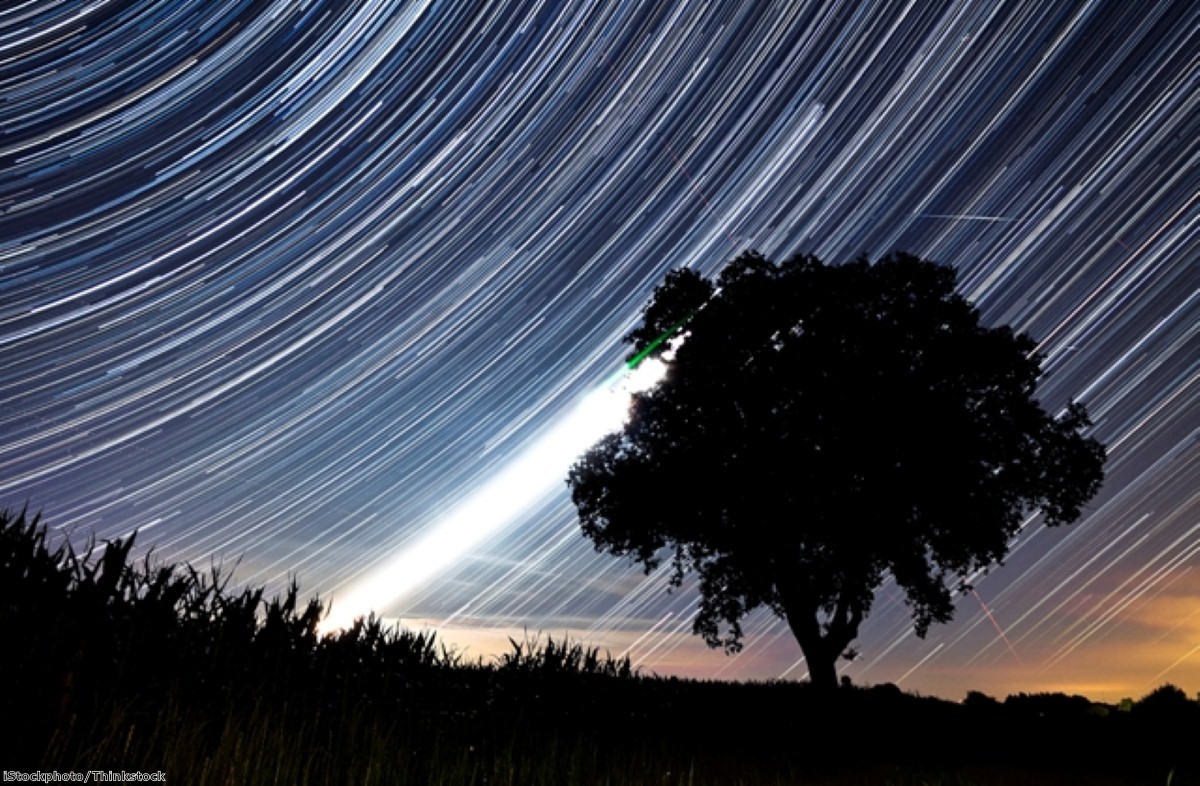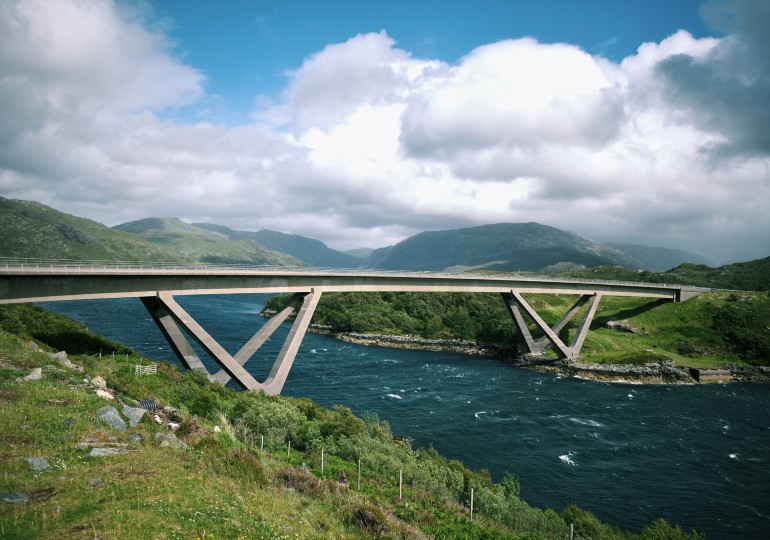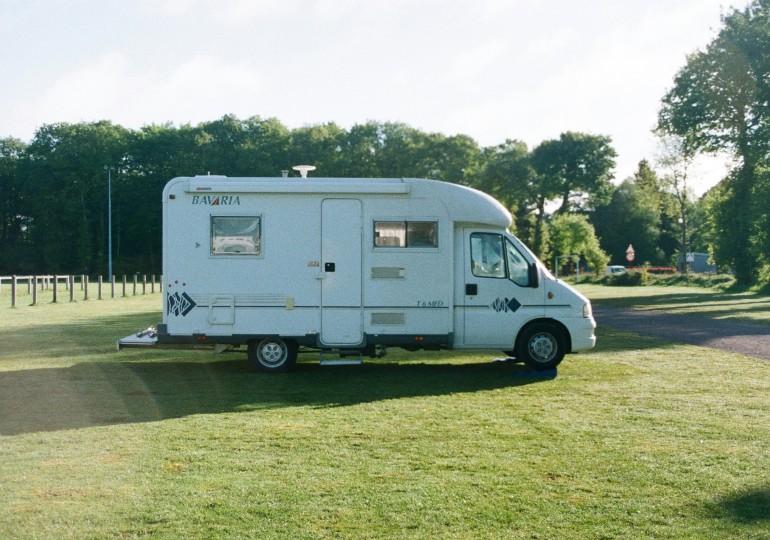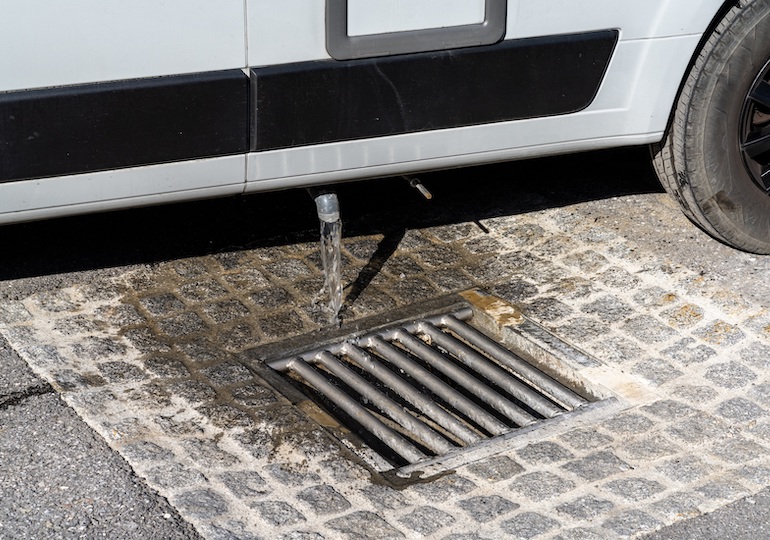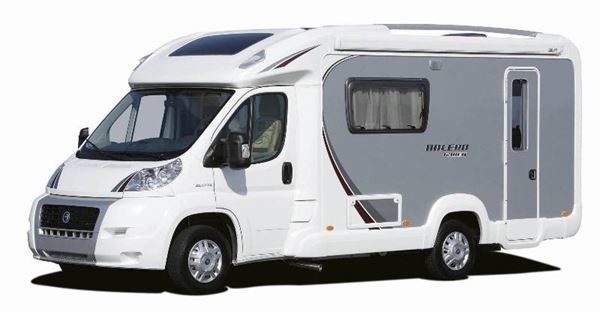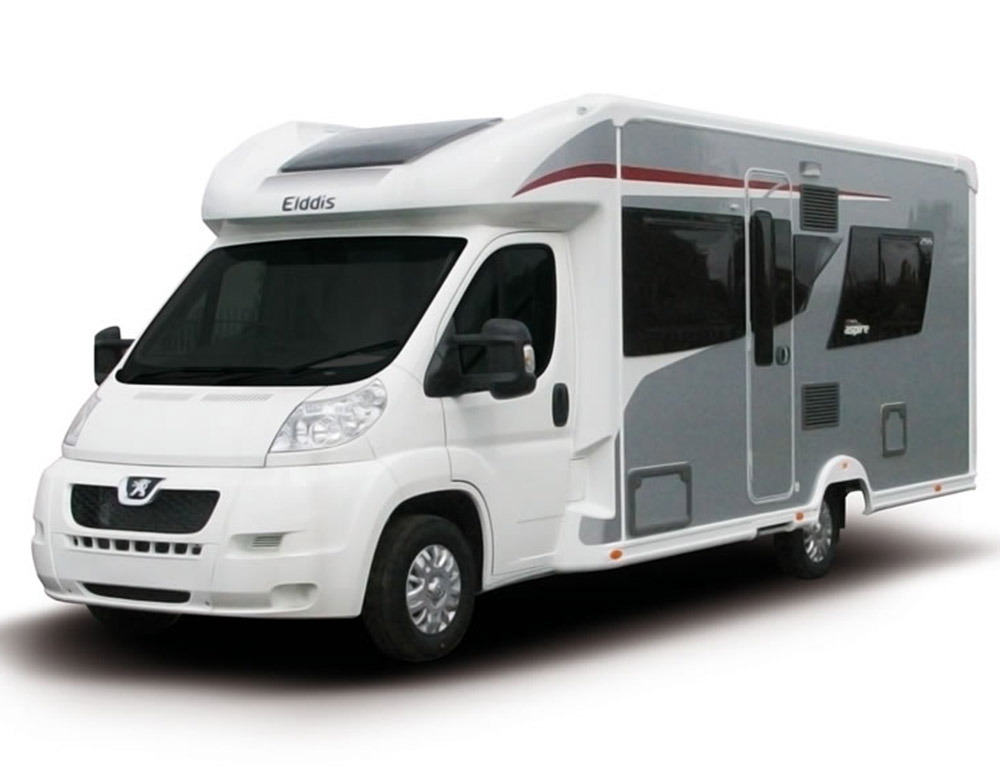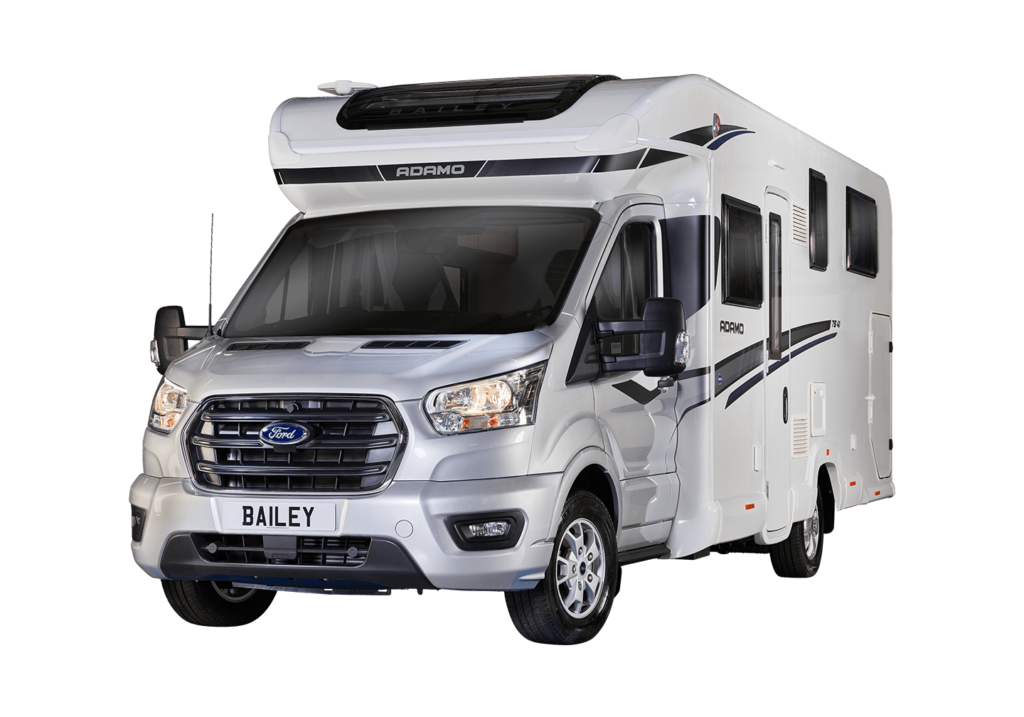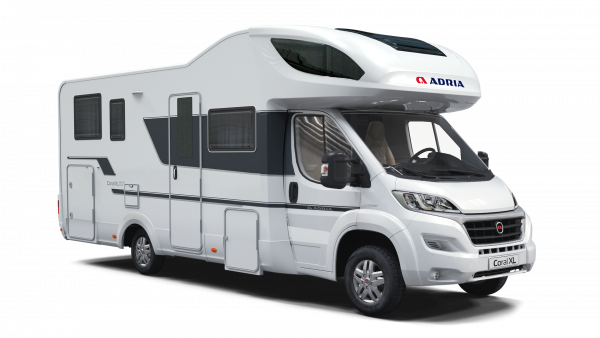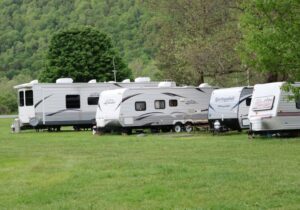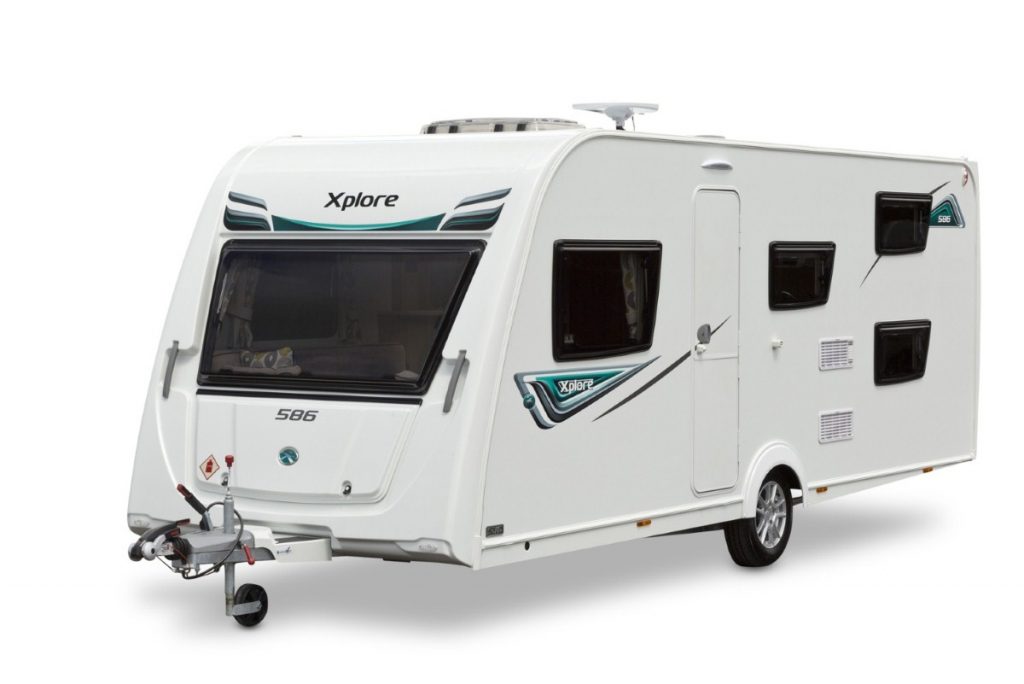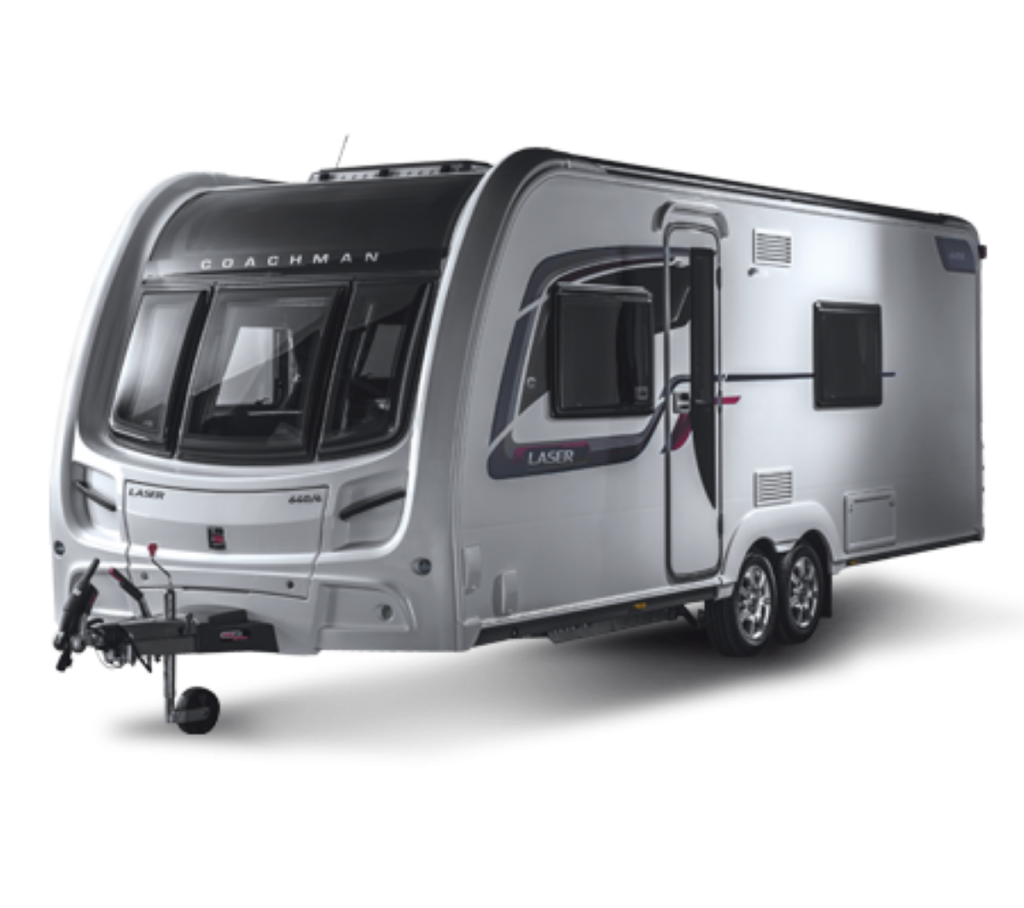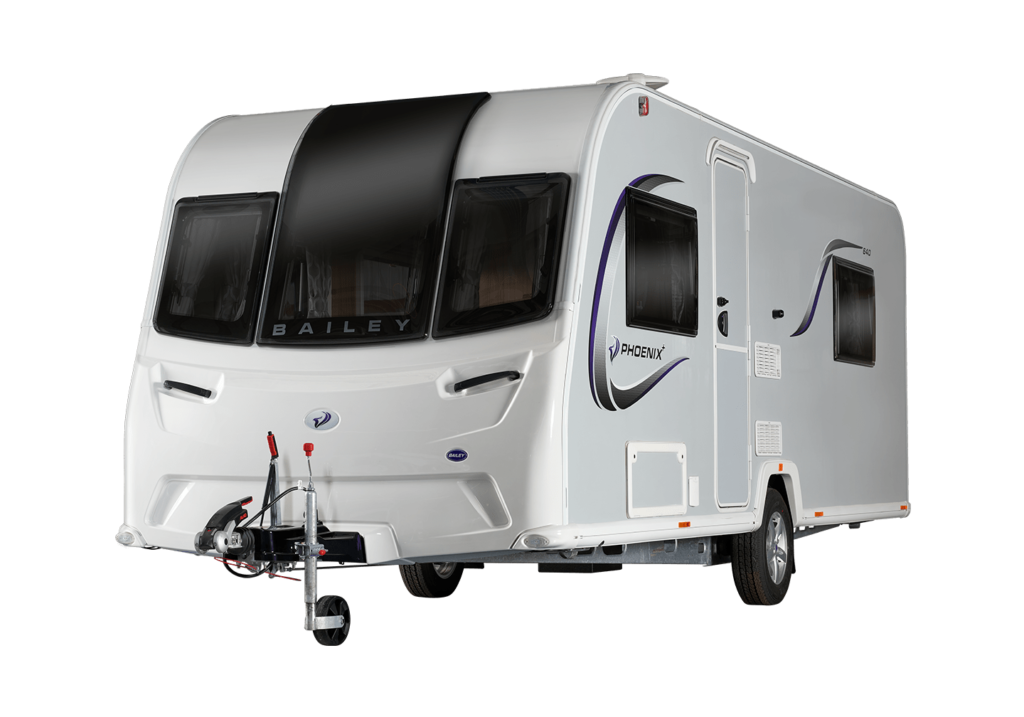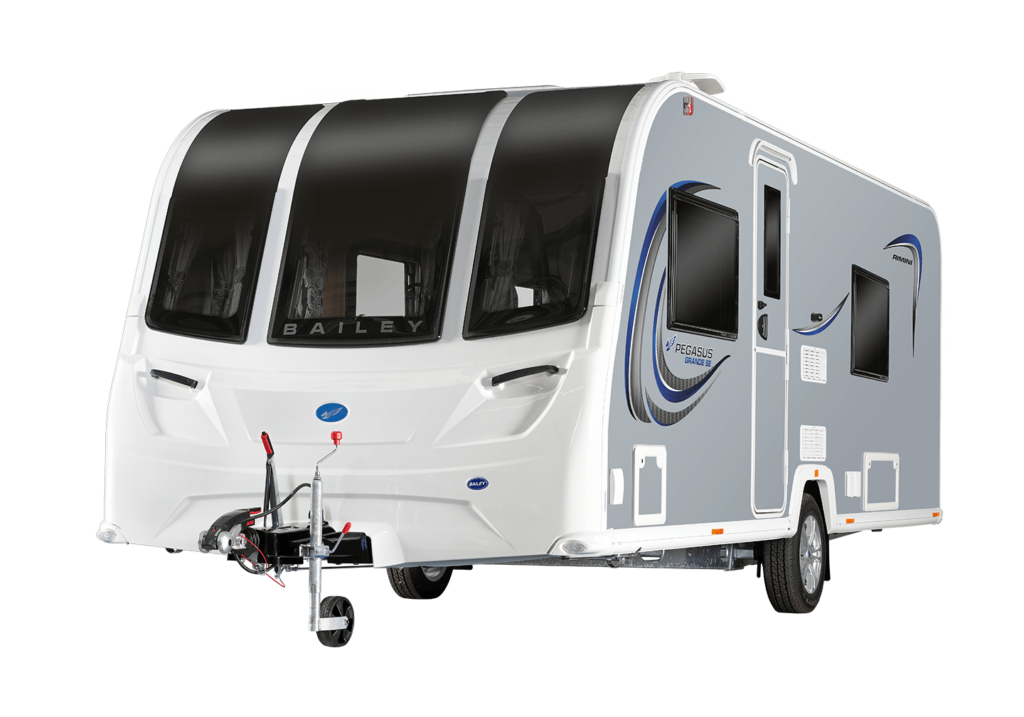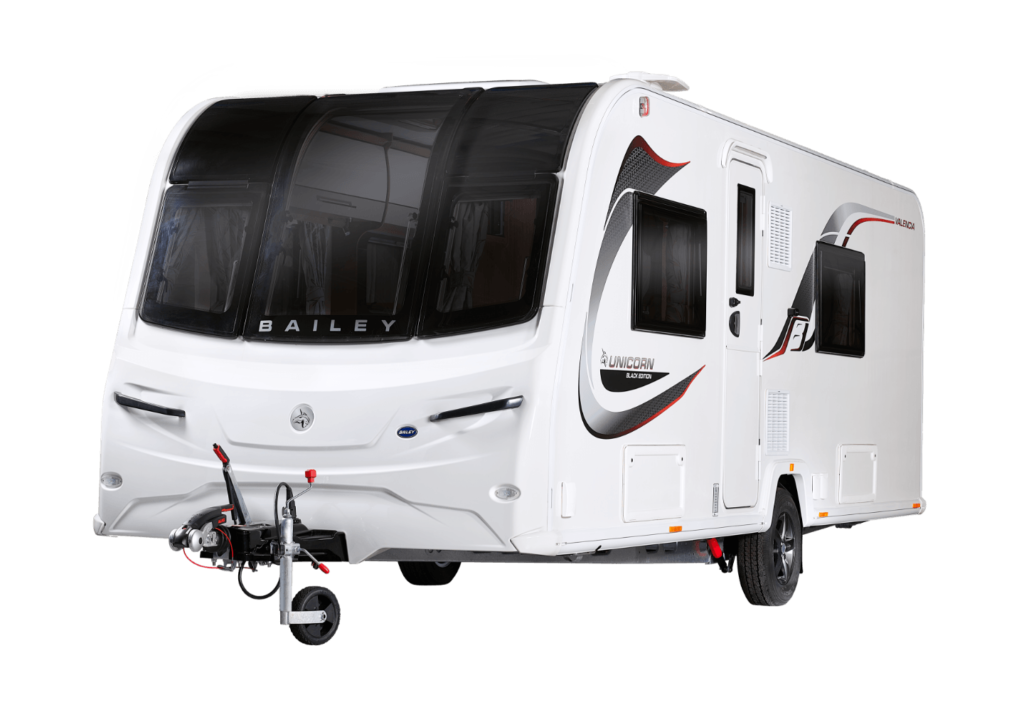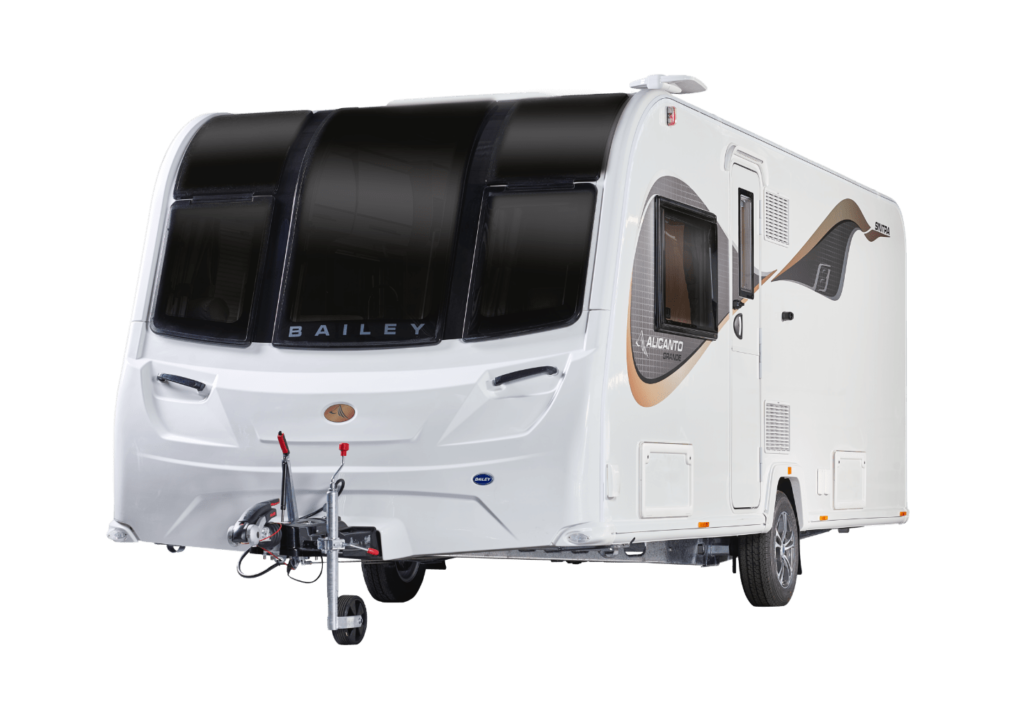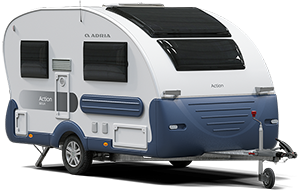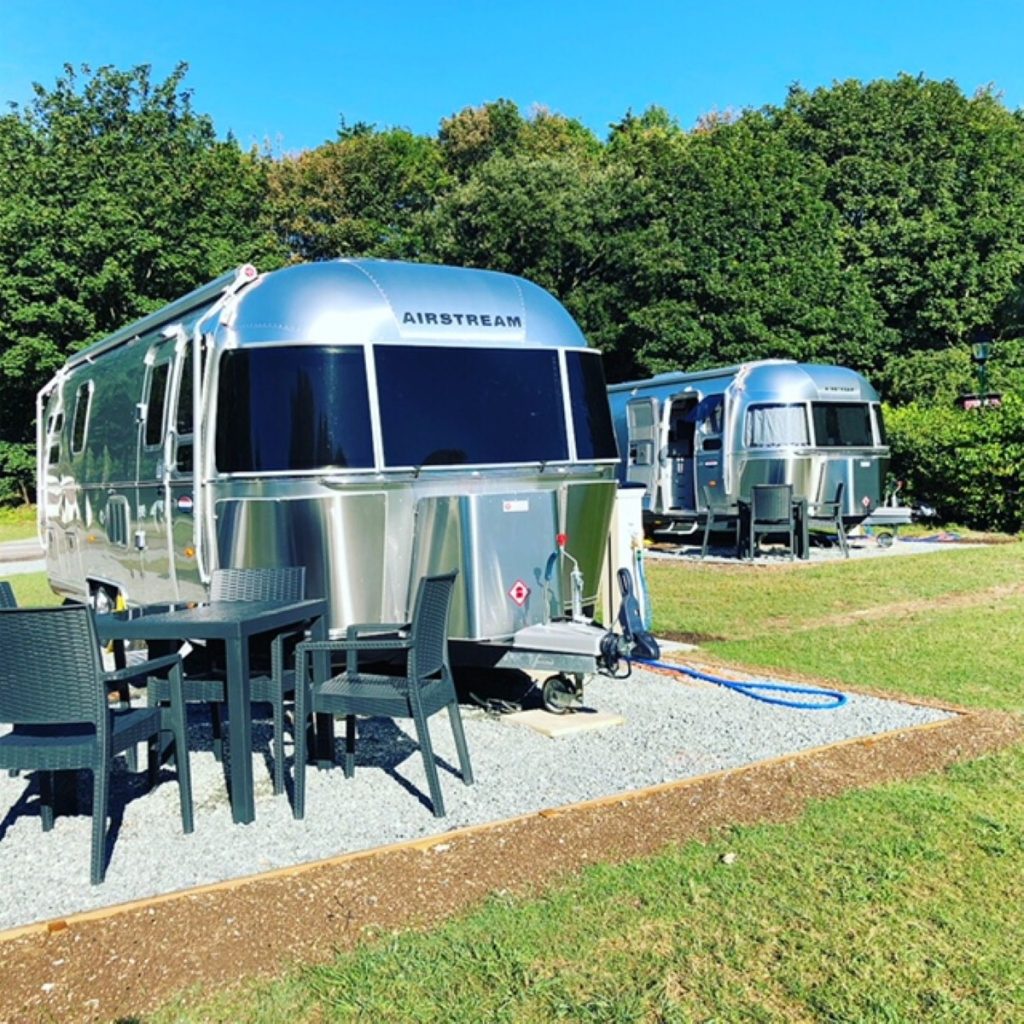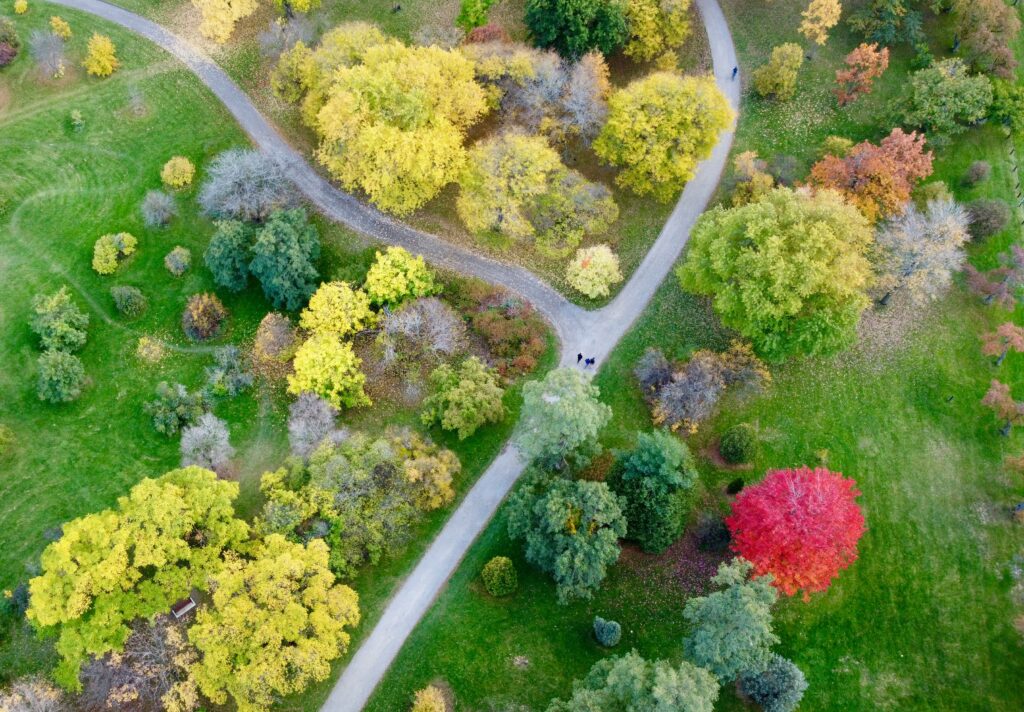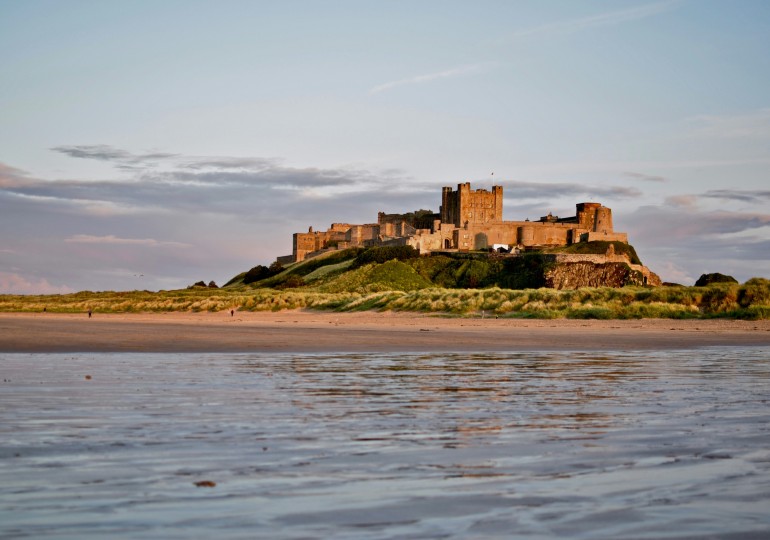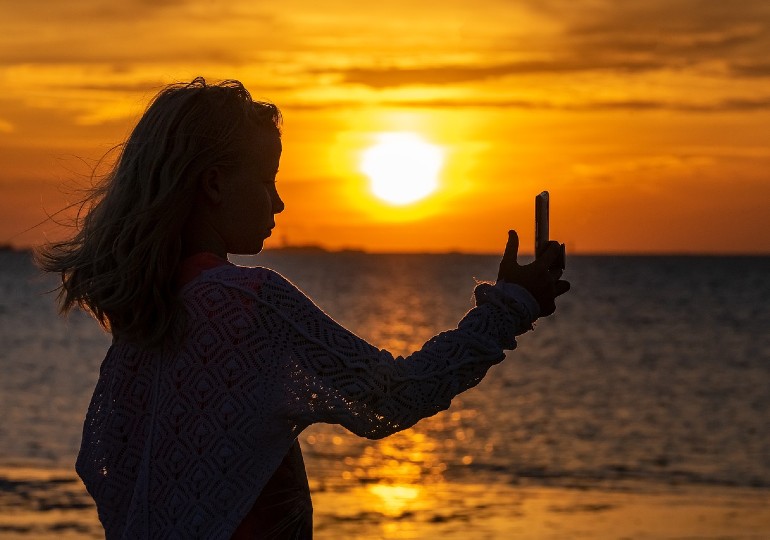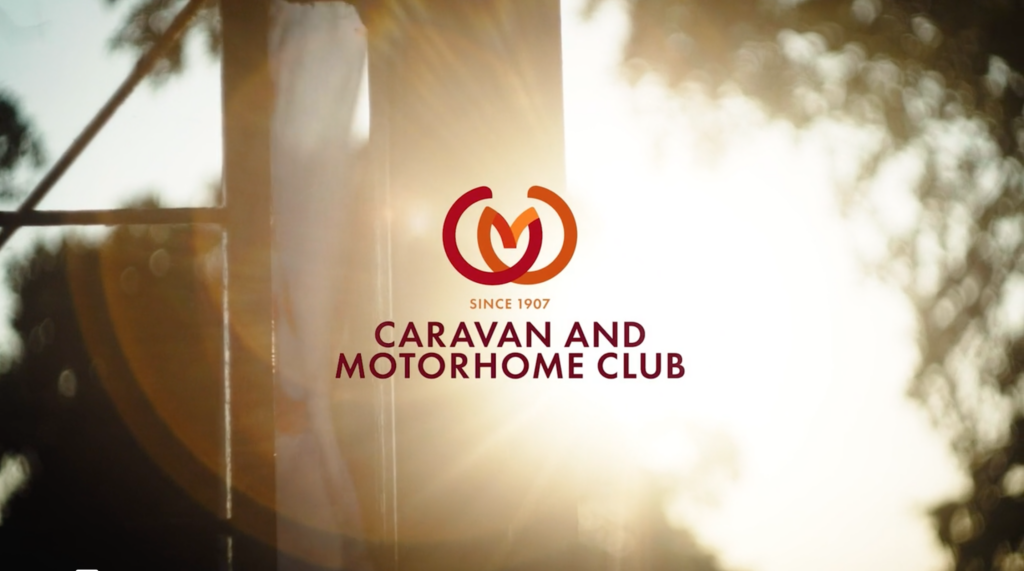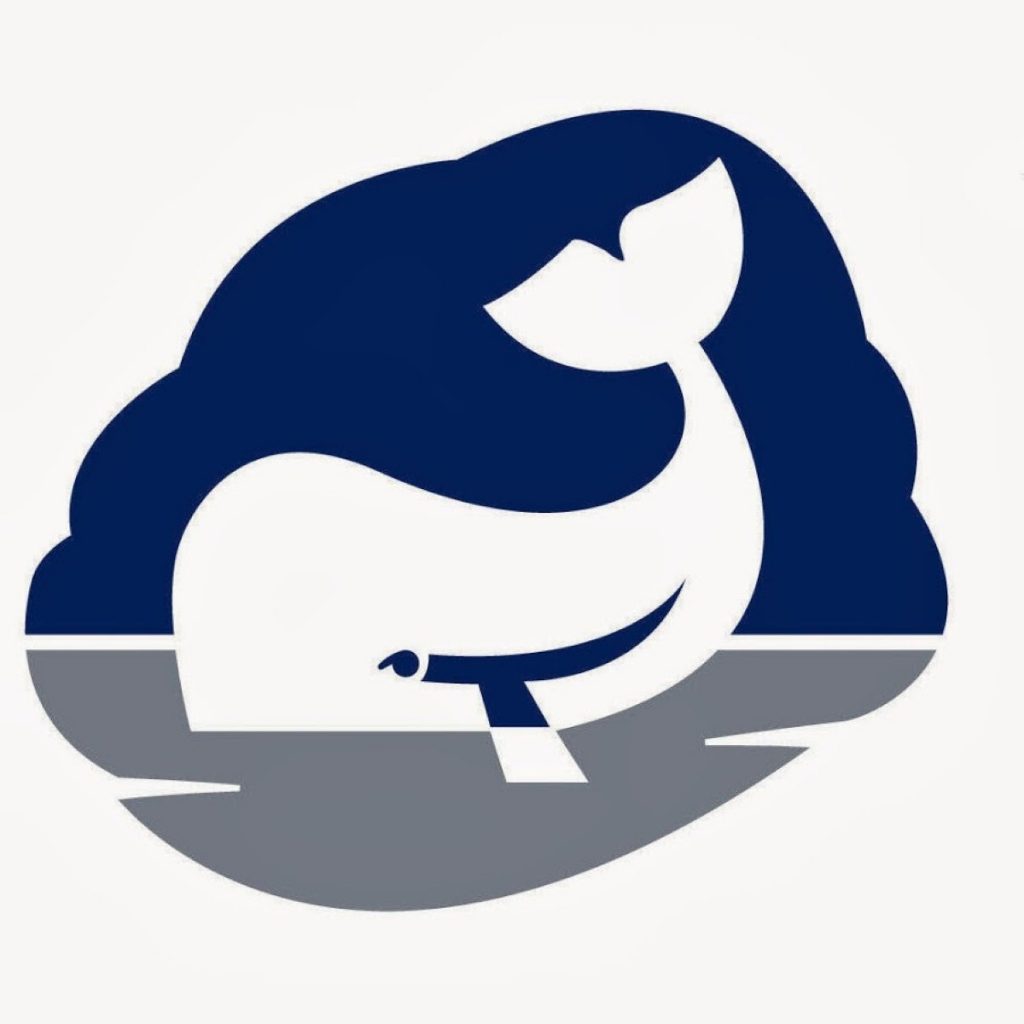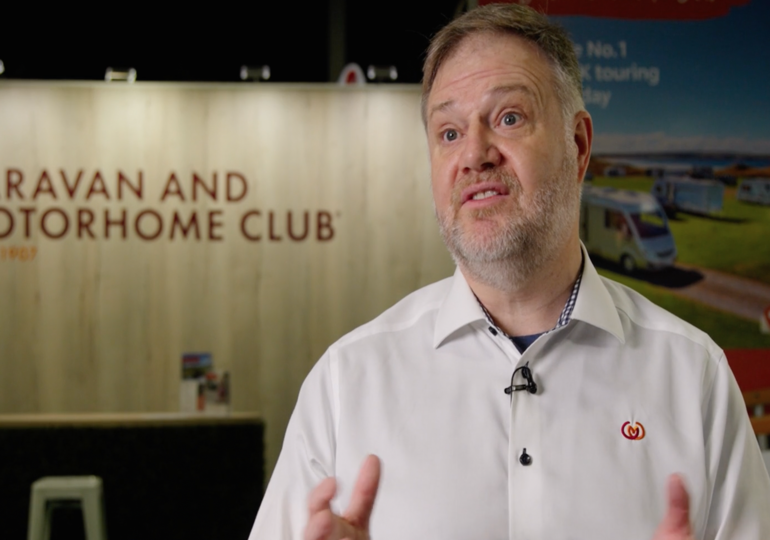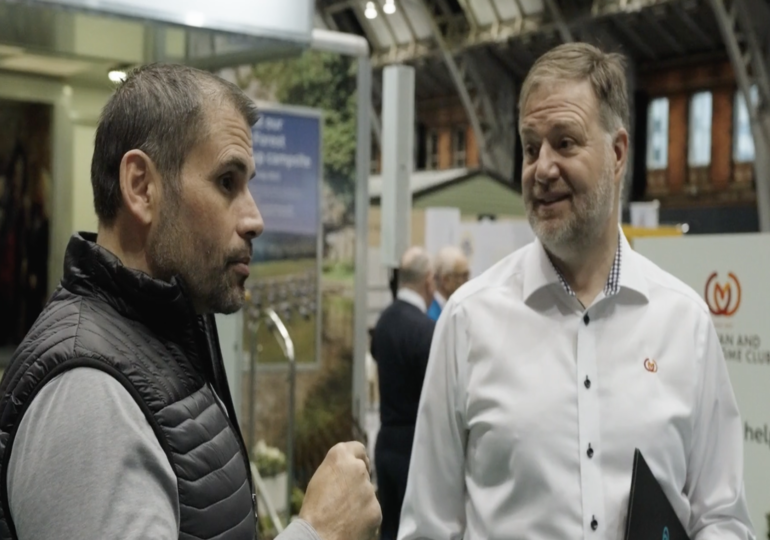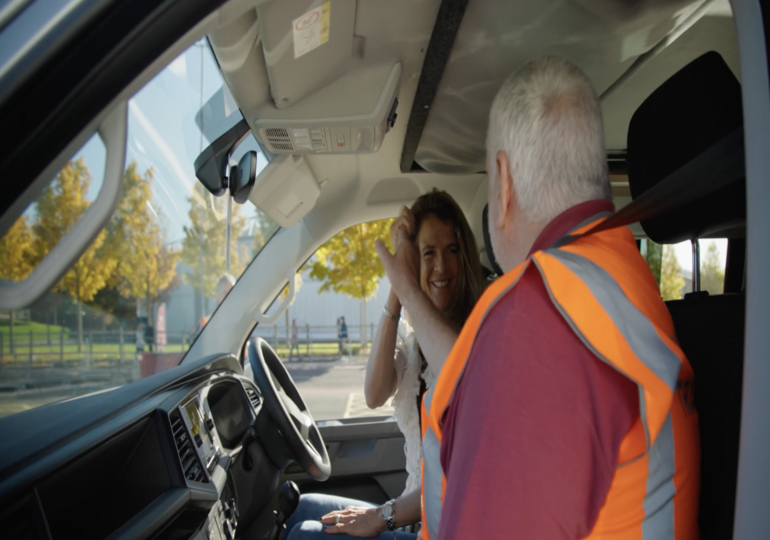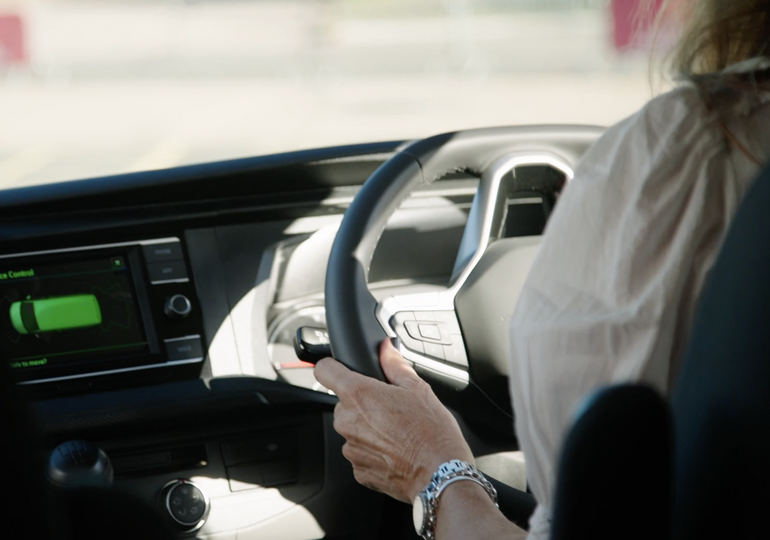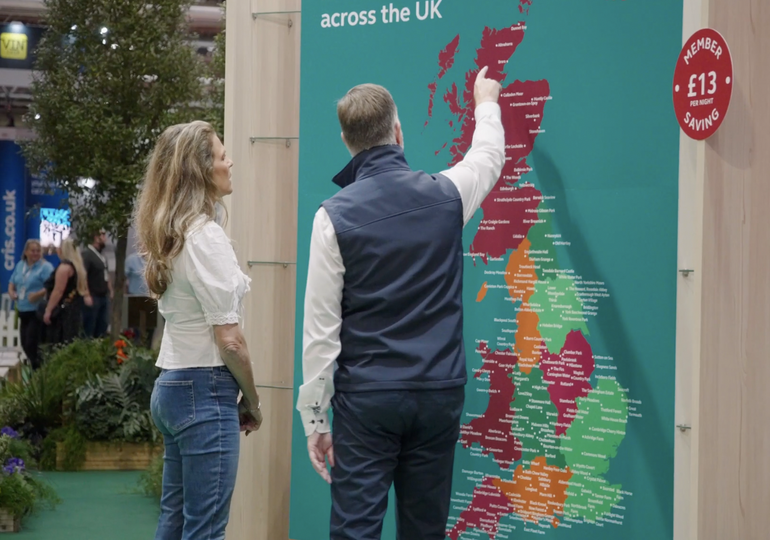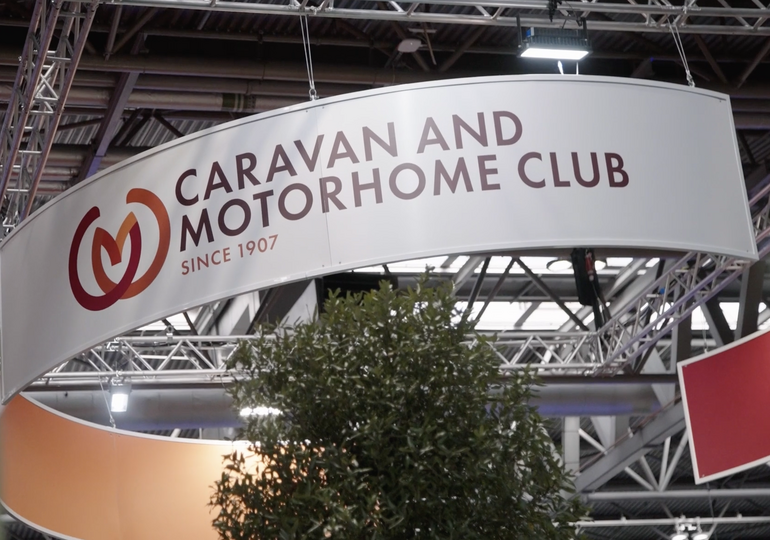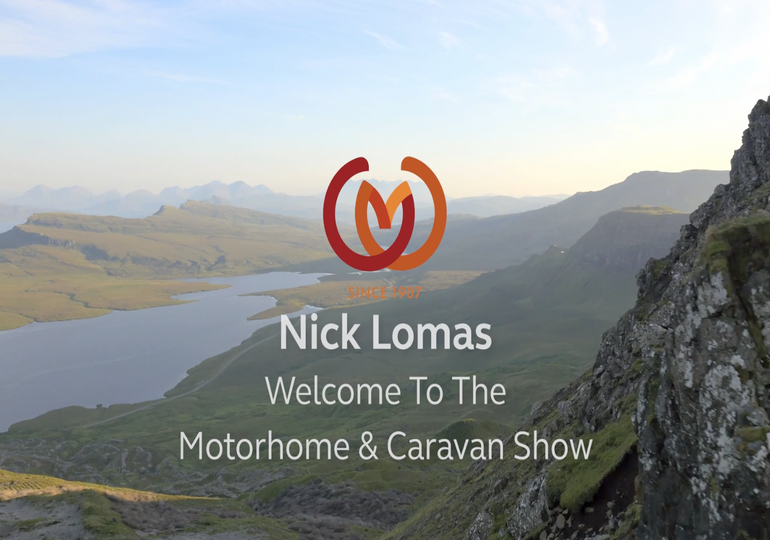By Emma Dodd
Caravan holidays are the only opportunities some of us get to enjoy stargazing. That’s because cities and built-up areas tend to have too much light pollution to offer a clear view of the night sky. Many caravan parks, however, are out in the countryside, offering up perfect conditions. Check out this guide to stargazing on your next caravan trip.
What to pack
It’s possible to enjoy an evening of stargazing with very little kit indeed, but a few carefully chosen items will enhance the experience. If you intend to take up the hobby long term, you may wish to invest in a telescope, but in the meantime, a pair of binoculars is a great way to see more. Even if you do have a telescope, bring the binoculars for when others are looking through the eyepiece.
Stop yourself from stumbling all around the caravan as you’re setting up with a red torch. This little gadget will give you all the visibility you need to get organised without ruining your night vision. Red light does not make your pupils contract in the same way as white light, so it won’t affect the stargazing experience.
It’s important to feel comfortable if you’re going to be spending long evenings sitting outside your caravan staring up at the sky. That means packing plenty of warm clothes and something to sit on, as well as a midnight snack and perhaps the makings of a hot drink to keep everyone’s spirits up.
When to look skyward
The first thing to consider when contemplating a stargazing trip is the weather forecast, as misty and overcast conditions make it hard to see anything. Autumn is better than summer, as nights are longer and there is more darkness. While a full moon often reminds you to look towards the sky, this is the worst time to see stars, because its light washes out all but the brightest celestial bodies.
On your caravan trip, you need to wait until it’s really dark to get the best look at the sky. This will vary depending on the time of year, but the darker the sky, the better you will be able to see the stars and planets, giving you a good shot at identifying them.
Identify what you can see
When you’re first starting out in the world of stargazing, it’s worth knowing that Mercury, Venus, Mars, Jupiter, and Saturn are the brightest planets. Of these, Mercury is the hardest to spot as it’s close to the sun and low in the sky, meaning there is often glare obscuring it. The others are good markers to identify and use as a guide for other stars.
While Jupiter and Saturn are so far away from the earth they hardly ever vary too much in brightness, Mars is a different matter. Depending on where it and the earth are on their axes, Mars can seem much brighter or dimmer. Another clue to bear in mind is that Venus burns a bright white, while Mercury is more muted and Mars has an orange tinge to it, Jupiter is a light tan and Saturn yellow.
Always remember that stars twinkle and planets don’t when you’re trying to work out what everything is.
Tools to help map the sky
There are a number of tools that you can use to help you work out which stars and planets are which. Among the most convenient are stargazing apps on your phone, which use GPS and your device’s sensors to tell you where everything is, even if it’s cloudy. Star charts are more traditional and still work really well, but if gadgets are your thing, then a finderscope will be a must-have for you.
Best caravan sites for stargazing
To ensure you get the best opportunities for stargazing on your caravan trip, pitch up at one of these sites that offer beautifully dark skies:
- Glentrool Camping and Caravan Site – in 2009, Dumfries and Galloway was named the first official Dark Sky site in the UK, with an estimated 7,000 planets and stars visible to the naked eye.
- Haltwhistle Club Site – officially the best place to stargaze in England, the Northumberland National Park is the biggest area of protected night sky in Europe.
- Northern Lights Campsite – heading to the north-west of Scotland offers a chance to escape light pollution and see the night sky at its finest.
- Rhandirmwyn Club Site – located in the Brecon Beacons, which was made a Dark Sky Reserve in 2013.
- Grange Farm Camping and Caravan Site – take advantage of this Isle of Wight park’s elevated position with a view out to sea.

